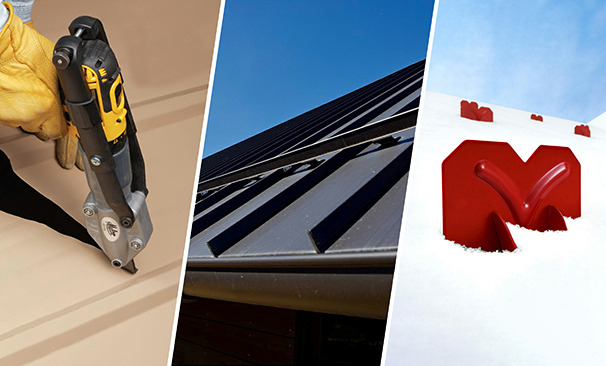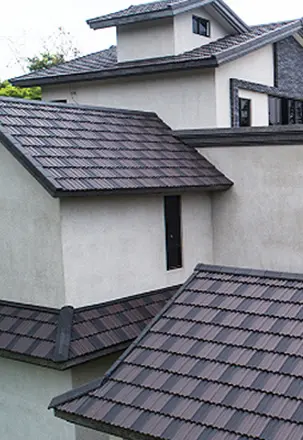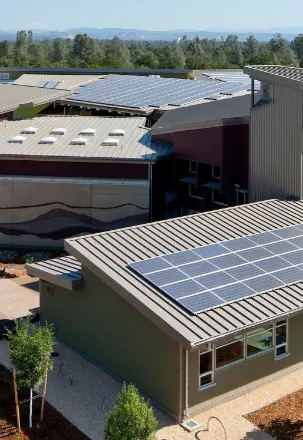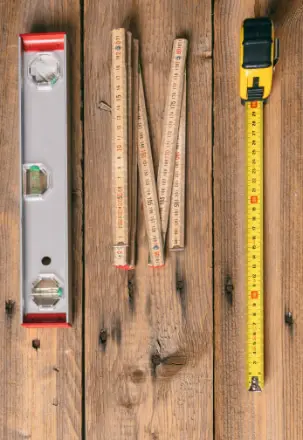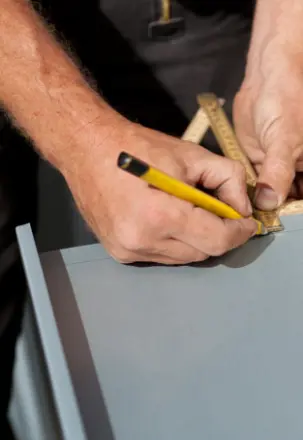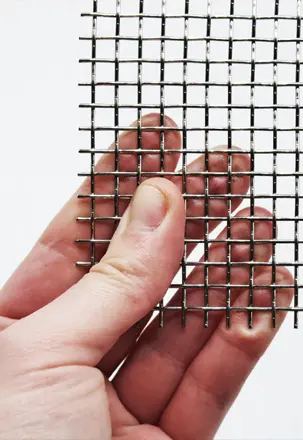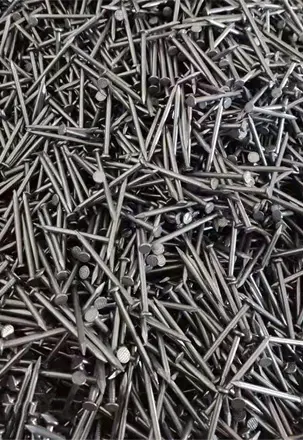Galvanized steel wire is a type of steel wire that has been coated with a layer of zinc to protect it from corrosion. The process of galvanization involves immersing the steel wire in a bath of molten zinc, which forms a protective barrier on the surface. This coating helps prevent rust and other forms of corrosion, making galvanized steel wire suitable for outdoor and industrial applications where exposure to moisture or harsh environments is common.
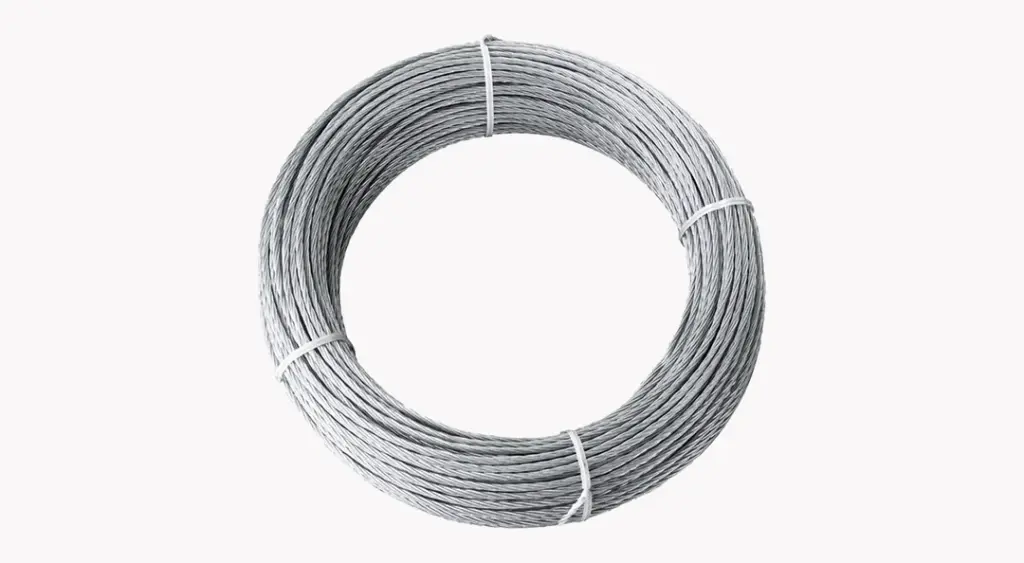
1. Production Methods:
Hot-Dip Galvanization:
- Process: The steel wire is cleaned to remove impurities and then submerged in a bath of molten zinc at around 450°C (842°F). The zinc bonds to the steel through a metallurgical reaction, forming multiple layers of zinc-iron alloy topped with pure zinc.
- Coating Thickness: The zinc layer in hot-dip galvanization is typically thicker (between 30 to 150 microns), offering robust protection against corrosion.
- Durability: This method provides long-lasting protection, especially in harsh environments.
Electro-Galvanization:
- Process: This method involves using an electric current to deposit a thin layer of zinc onto the steel wire. The wire is placed in an electrolytic solution with a zinc anode, and an electrical current causes the zinc ions to adhere to the steel wire.
- Coating Thickness: The coating is thinner (between 5 to 30 microns) compared to hot-dip galvanization, but it is more uniform and smoother.
- Appearance: The electro-galvanized wire is shinier and often used where aesthetics are important.
2. Types of Galvanized Steel Wire:
- Single Galvanized Wire: Only a single coating of zinc is applied, generally through electro-galvanization. This type is suitable for indoor applications or areas with lower risk of corrosion.
- Double Galvanized Wire: This type involves a double coating of zinc, typically produced via hot-dip galvanization. It’s ideal for outdoor applications with higher exposure to moisture.
- Galvanized Steel Strand: Comprising several strands of galvanized wire twisted together, this type is used for tensioned applications, such as in cables and guy wires.
- Galvanized Barbed Wire: This is commonly used for fencing and security applications, where the wire is twisted with sharp barbs at regular intervals.
3. Technical Specifications:
- Diameter Range: Galvanized steel wire is available in various diameters, typically ranging from 0.5 mm to 5.0 mm.
- Tensile Strength: It varies depending on the application, generally between 300 MPa to 1800 MPa.
- Zinc Coating Mass: Measured in grams per square meter (g/m²), it typically ranges from 30 g/m² to 300 g/m², depending on the intended use.
4. Applications:
- Construction: Used as binding wire for tying rebar in reinforced concrete, hanging suspended ceilings, and as tie wire in various construction projects.
- Agriculture: Employed in vineyard trellising, fencing for livestock, and tying bales of hay.
- Telecommunications: Used as guy wires to stabilize poles, towers, and other structures.
- Automotive: Utilized in the manufacturing of components requiring corrosion resistance, such as cable harnesses and protective barriers.
- Manufacturing: Integral in the production of wire mesh, fencing, and gabions used for retaining walls and erosion control.
- Marine Applications: Due to its resistance to saltwater corrosion, it’s often used in coastal environments for mooring and securing structures.
5. Advantages of Galvanized Steel Wire:
- Corrosion Resistance: The zinc coating provides a robust defense against rust and corrosion, significantly extending the lifespan of the wire.
- Low Maintenance: Once installed, galvanized steel wire requires minimal maintenance compared to untreated steel.
- Cost-Effective: While more expensive than untreated steel, galvanized wire is more economical in the long run due to its durability and reduced need for replacement.
- Versatility: It’s adaptable to various applications, from heavy industrial uses to delicate agricultural tasks.
6. Environmental Considerations:
- Recyclability: Both the steel and zinc are fully recyclable, making galvanized steel wire an environmentally friendly choice.
- Sustainability: The long lifespan of galvanized products reduces the frequency of replacements, contributing to resource conservation.
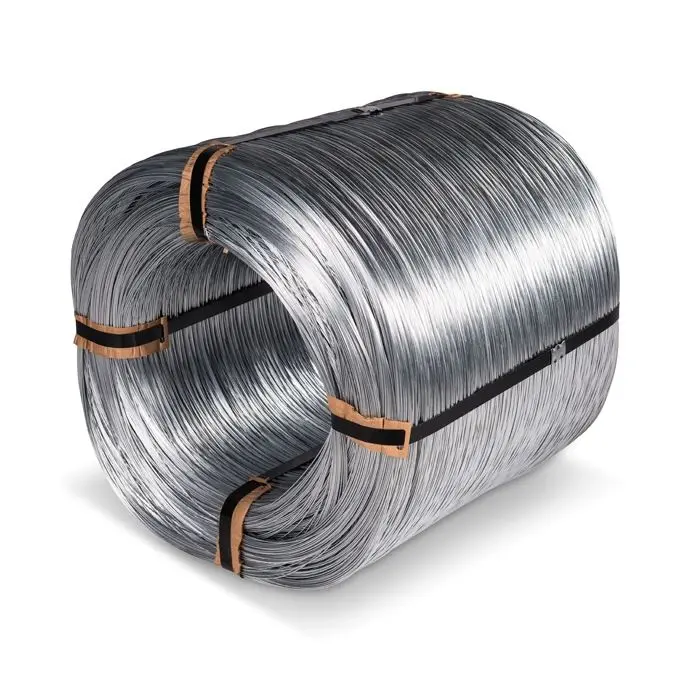
In summary, galvanized steel wire is a versatile and durable material that is essential in a wide range of industries. Its corrosion-resistant properties, combined with its strength and flexibility, make it a reliable choice for applications exposed to the elements or requiring long-term durability.


